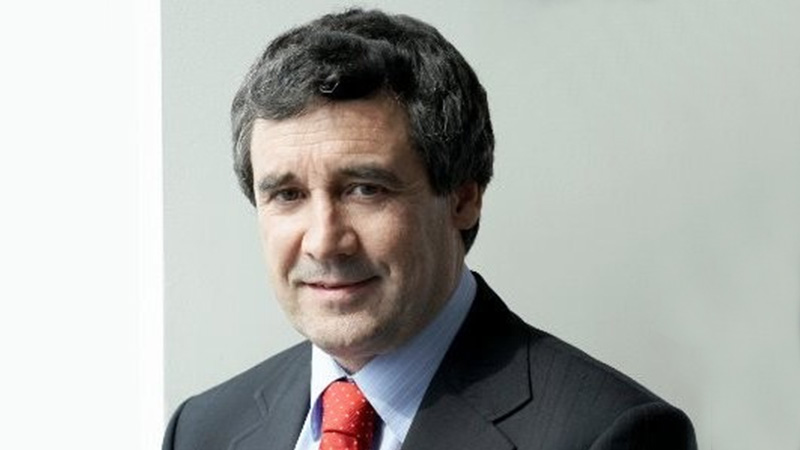SMSF investors maintain steady asset allocations amid volatility
Despite some of the recent volatility in markets, the majority of SMSFs have not made substantial changes to their asset allocation in the past 12 months, according to a recent research report.
The latest Vanguard/Investment Trends SMSF Planner Report indicates that only 8 per cent of SMSFs made substantial asset allocation changes to 50 per cent or more of their fund.
This year’s report surveyed over 3,000 SMSF trustees on their investment priorities and industry outlook, providing an insight into how trustees navigated through the volatility caused by the global pandemic.
Commenting on the report, Investment Trends chief executive Michael Blomfield said around 45 per cent of the SMSF survey respondents made substantial changes to their asset allocation in the past 12 months, which was not a huge increase from the historical average.
“The historical average is [around] 36 per cent. If you jump to that 44 per cent and flip that equation, that means 56 per cent of the SMSF trustees did not make substantial changes to their asset allocation, so this is actually quite a stable group of [investors],” Mr Blomfield said.
In addition, 16 per cent of respondents only changed around 10 per cent of their fund’s investments.
“More than half of the SMSFs that did make changes, made changes to less than 20 per cent of their allocations, which is not a radical change,” he said.
According to the report, SMSF trustees took a more defensive stance and increased their cash and property allocations, driven primarily by a negative outlook on both domestic and international equities.
Exposure to direct shares declined in line with the market sell-off in Q1 2020. On average, direct shares now comprise 31 per cent of SMSF portfolios, decreasing by 4 per cent year-on-year and reaching levels last seen in the 2009 post-global financial crisis.
The report also indicates that one-third of SMSF trustees have fixed income exposure within their portfolios, with hybrid securities remaining the most popular product despite more investors turning to direct bonds and ETFs.
Vanguard Australia head of corporate affairs Robin Bowerman warned SMSF investors that hybrid securities do not provide the same level of safe harbour stability as high-quality bonds, as they still have equity-like features and in times of market stress “may not provide true diversification across asset classes”.
“Investors should want their defensive assets to be truly defensive, especially when the market swings as wildly as it did earlier this year,” he cautioned.
“As ASIC warned in its May 2020 report on retail trading activity, investors are taking more risk in the fixed income space as a result of low interest rates and declining yields. For a better chance at securing steady retirement income and safeguarding returns in periods of volatility, SMSF trustees need meaningful portfolio diversification.”

Miranda Brownlee
Miranda Brownlee is the deputy editor of SMSF Adviser, which is the leading source of news, strategy and educational content for professionals working in the SMSF sector.
Since joining the team in 2014, Miranda has been responsible for breaking some of the biggest superannuation stories in Australia, and has reported extensively on technical strategy and legislative updates.
Miranda also has broad business and financial services reporting experience, having written for titles including Investor Daily, ifa and Accountants Daily.








